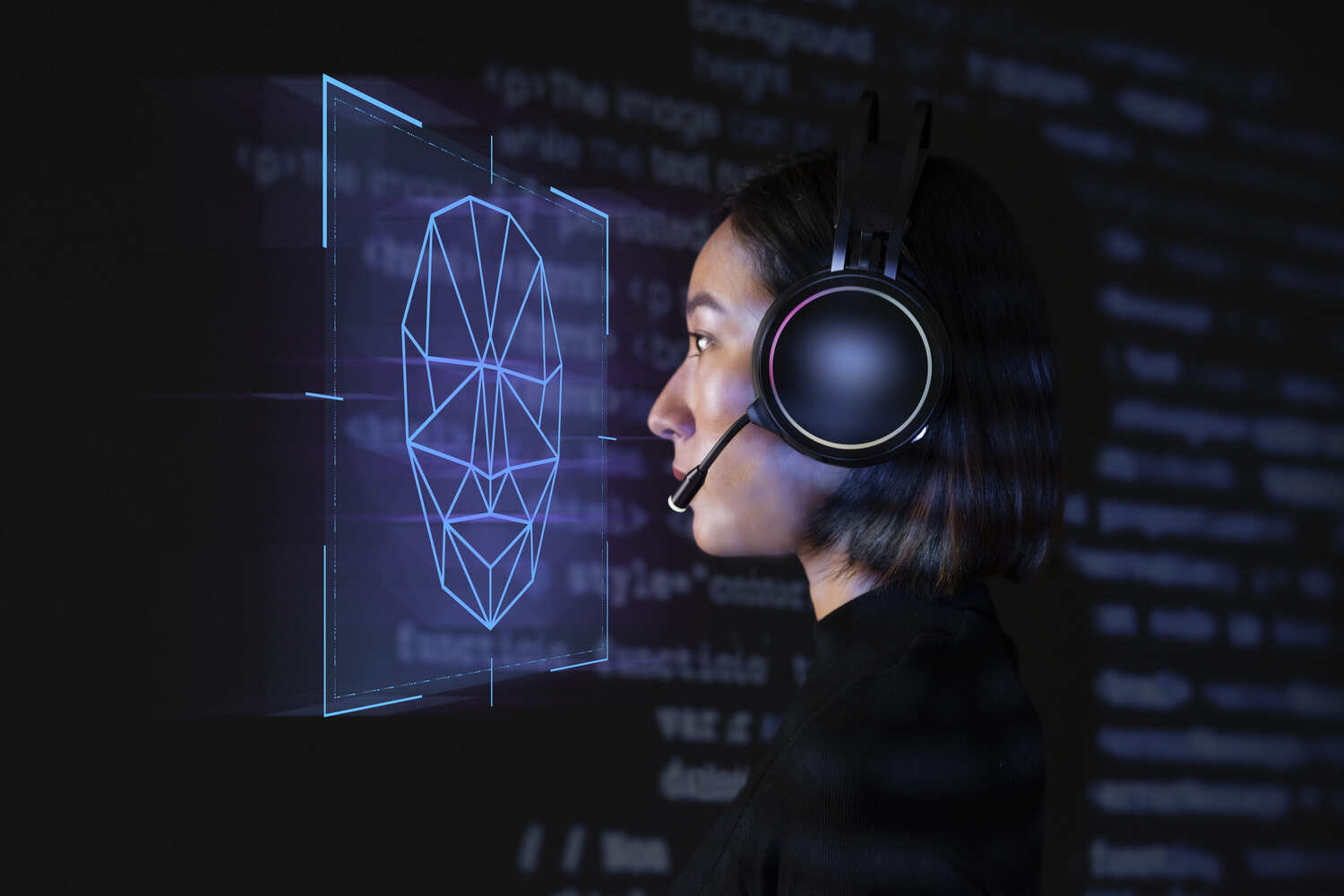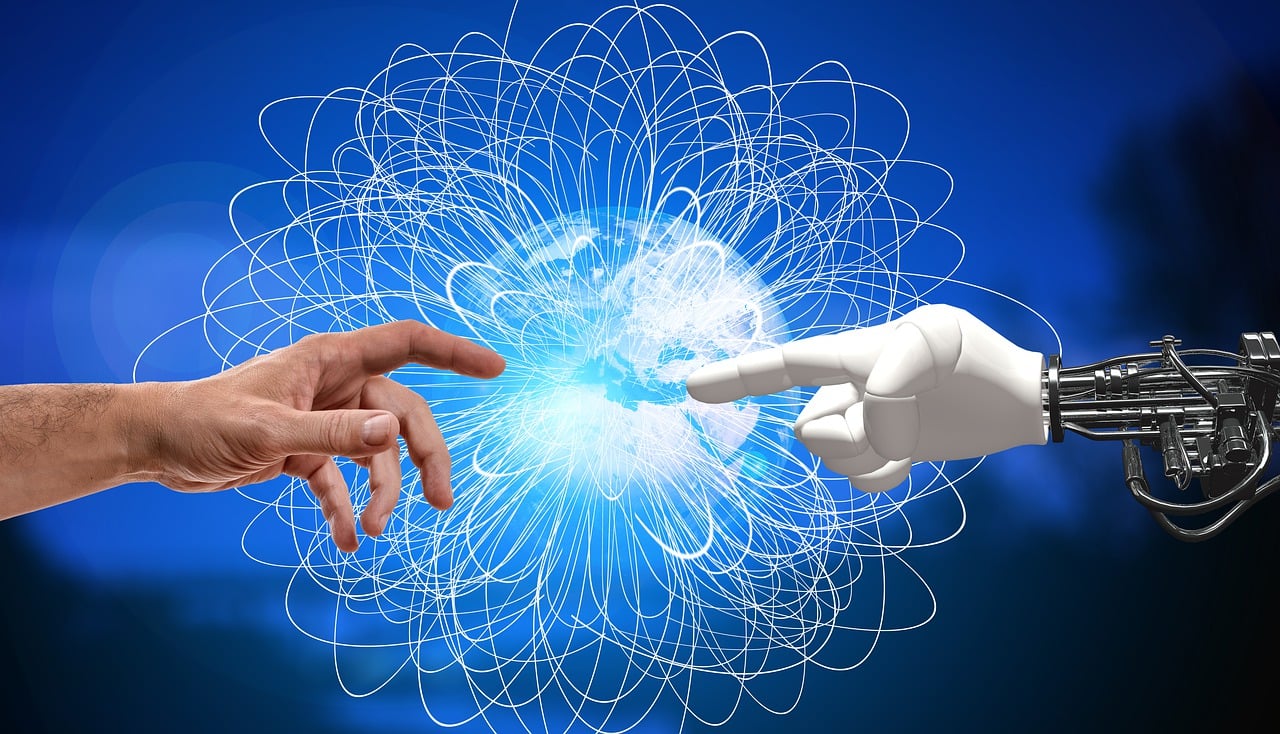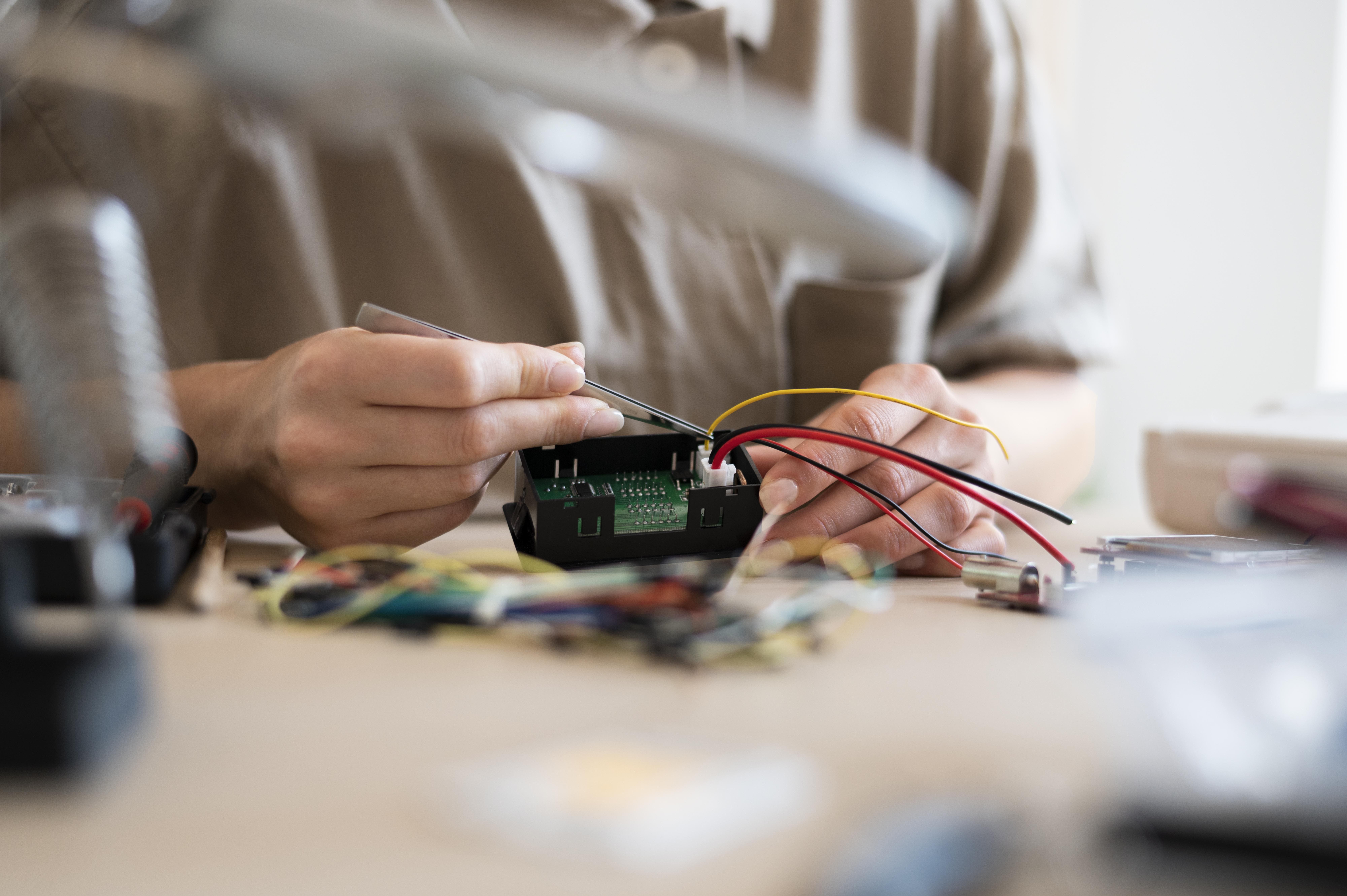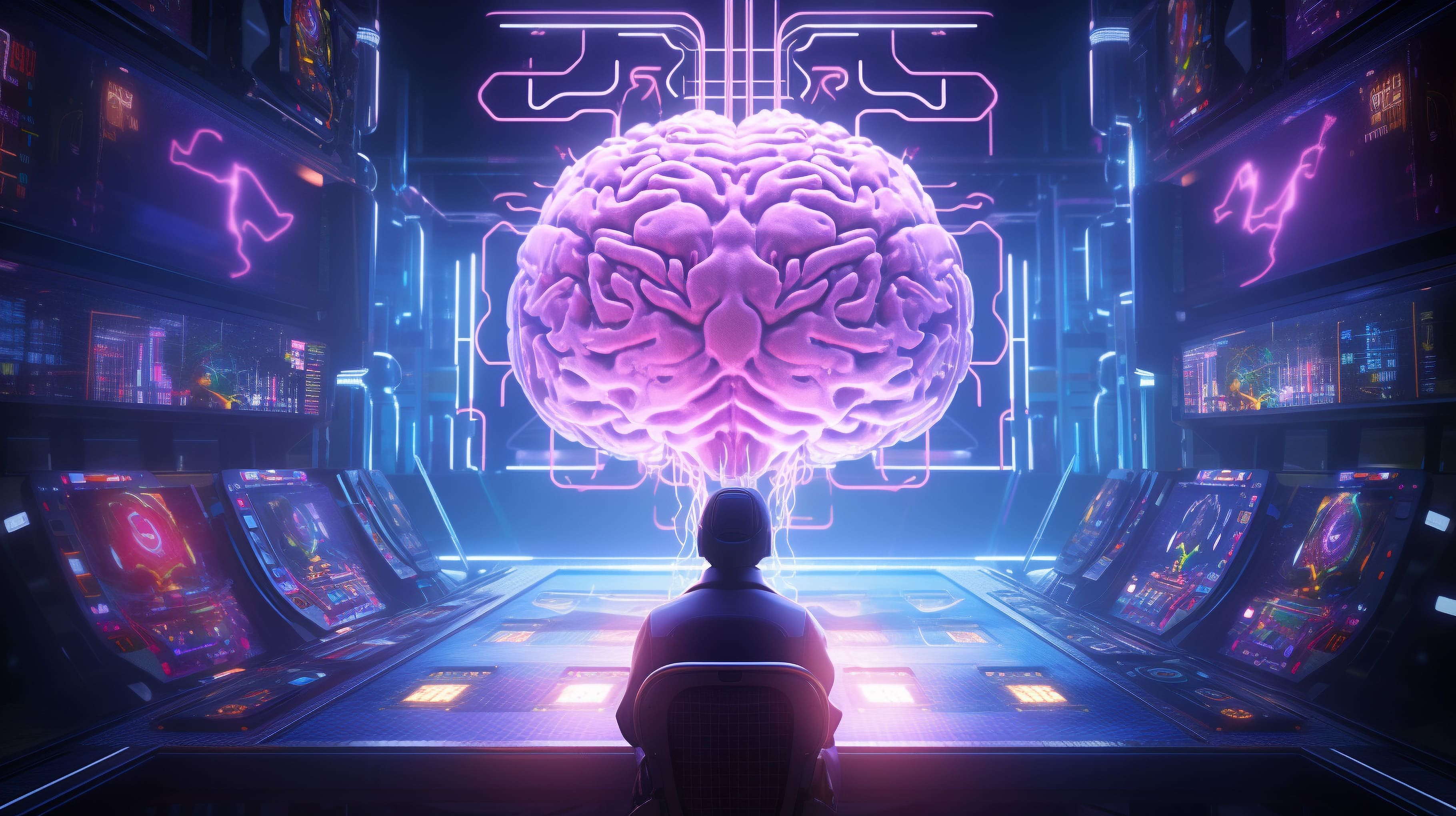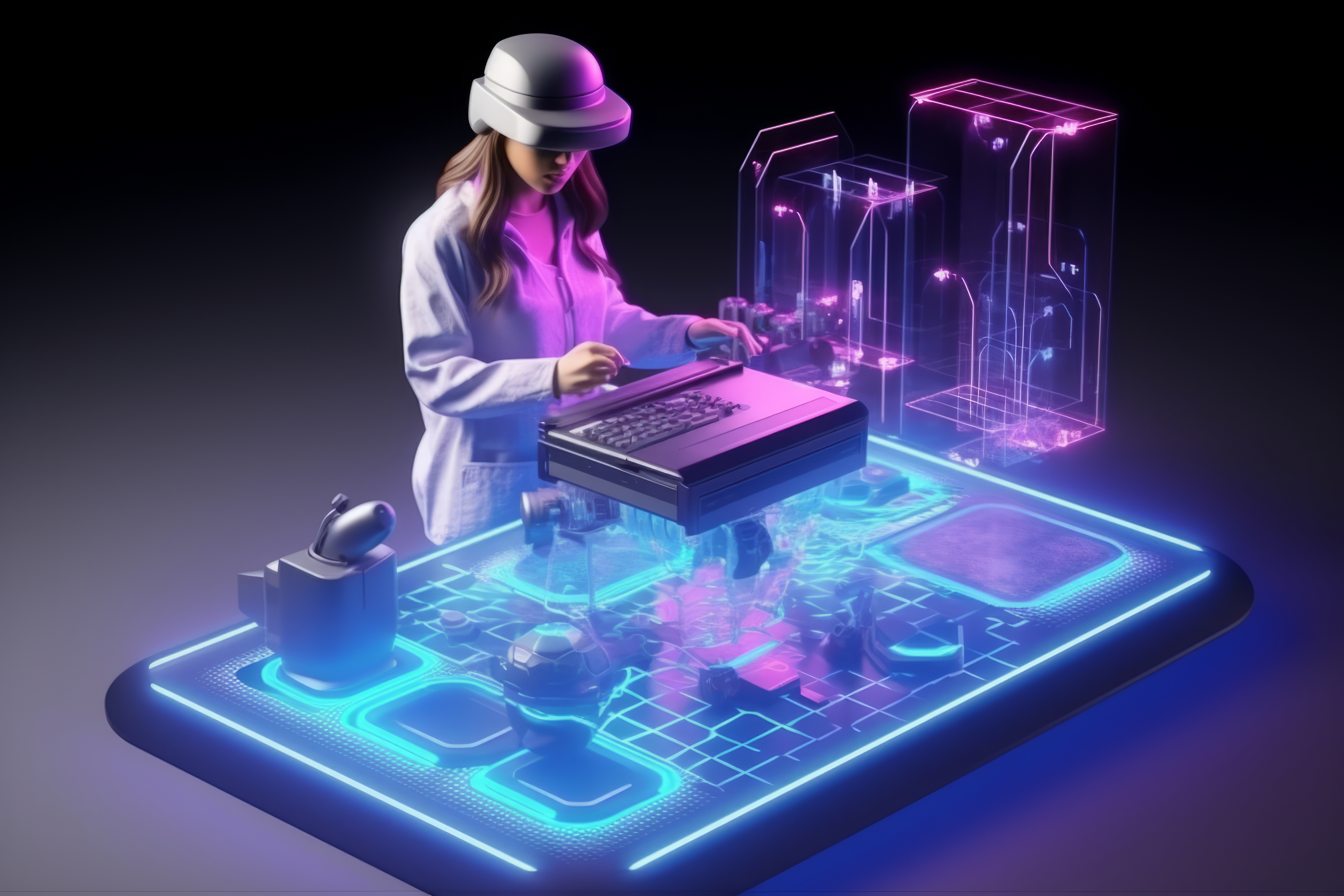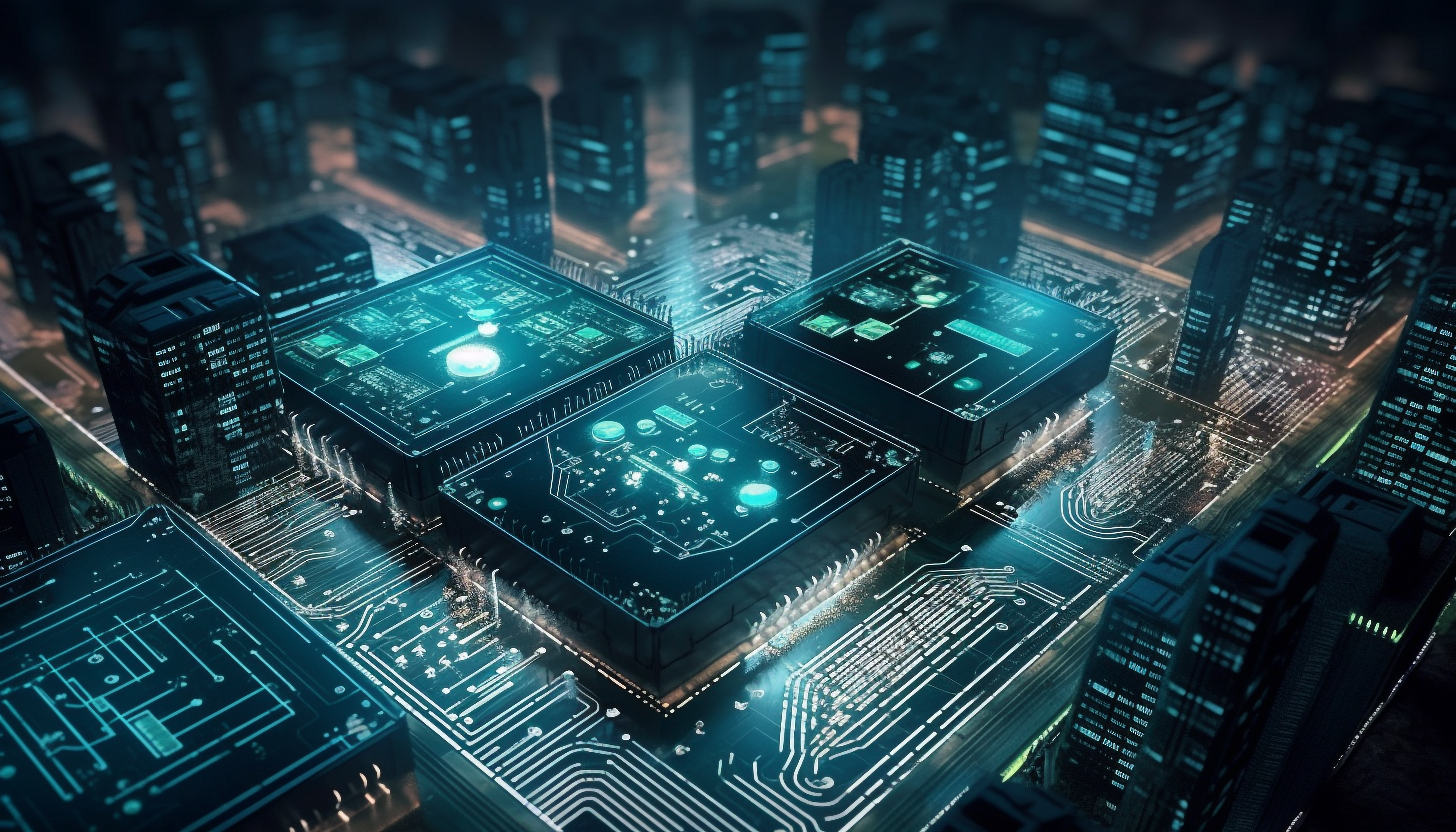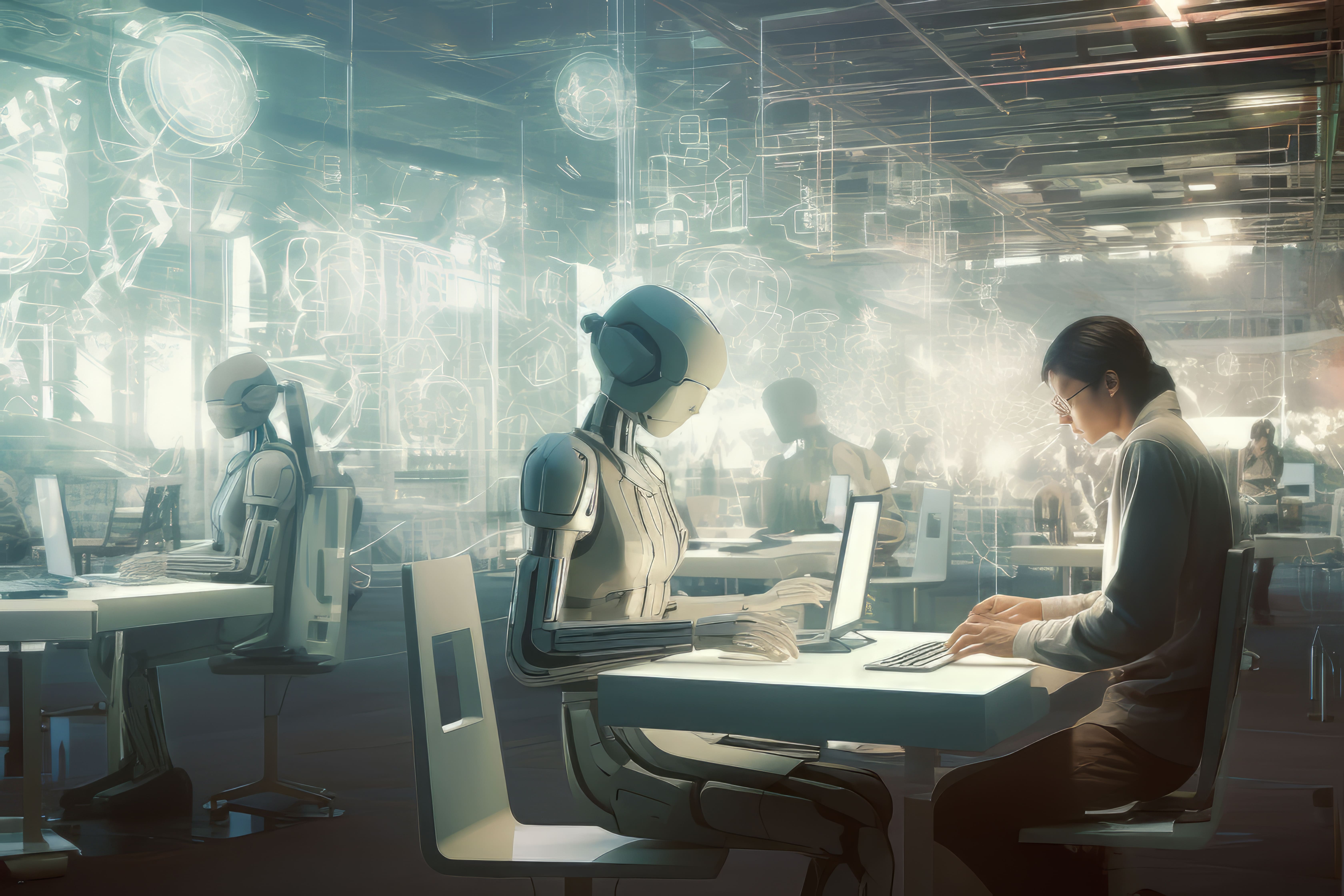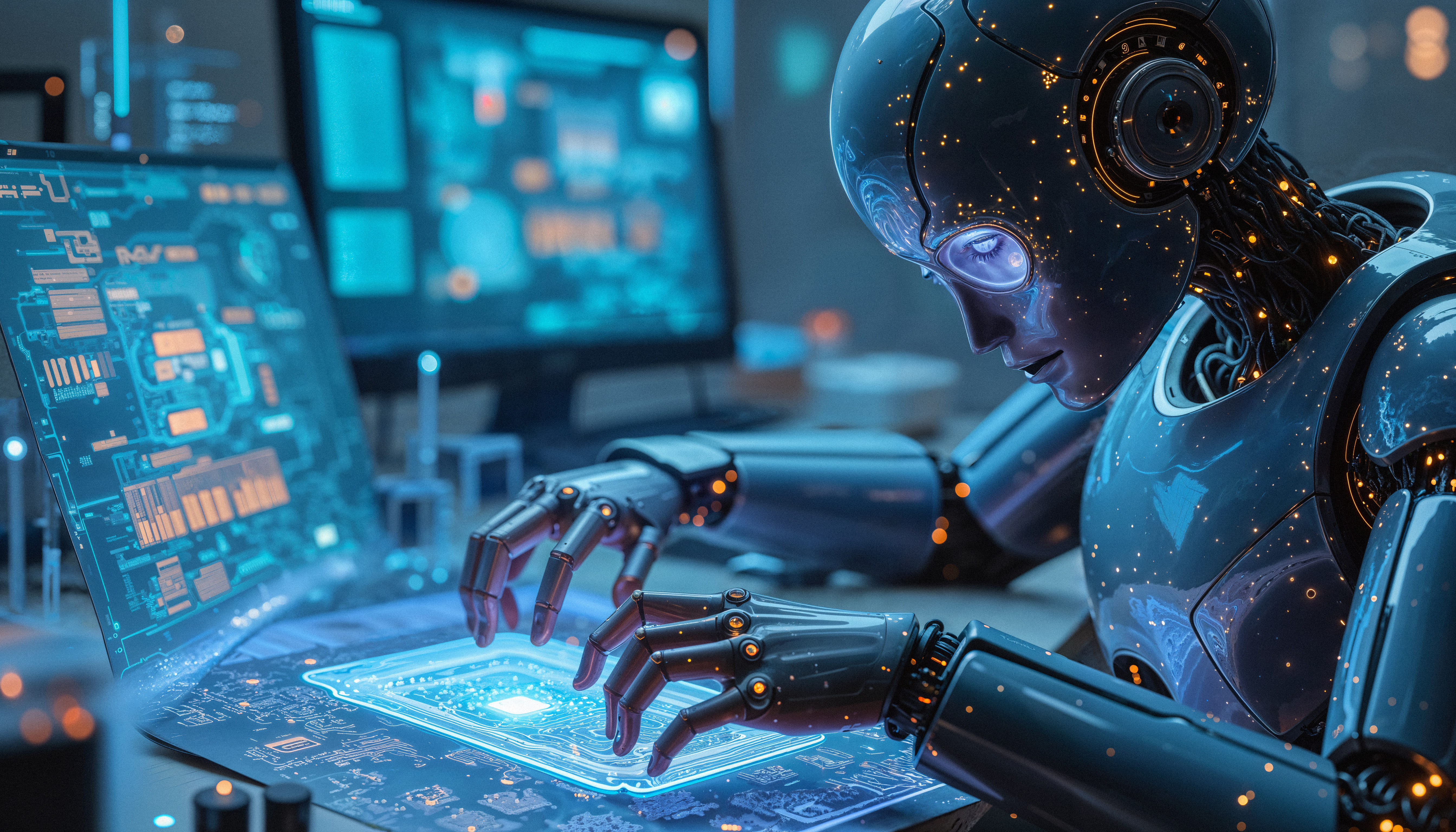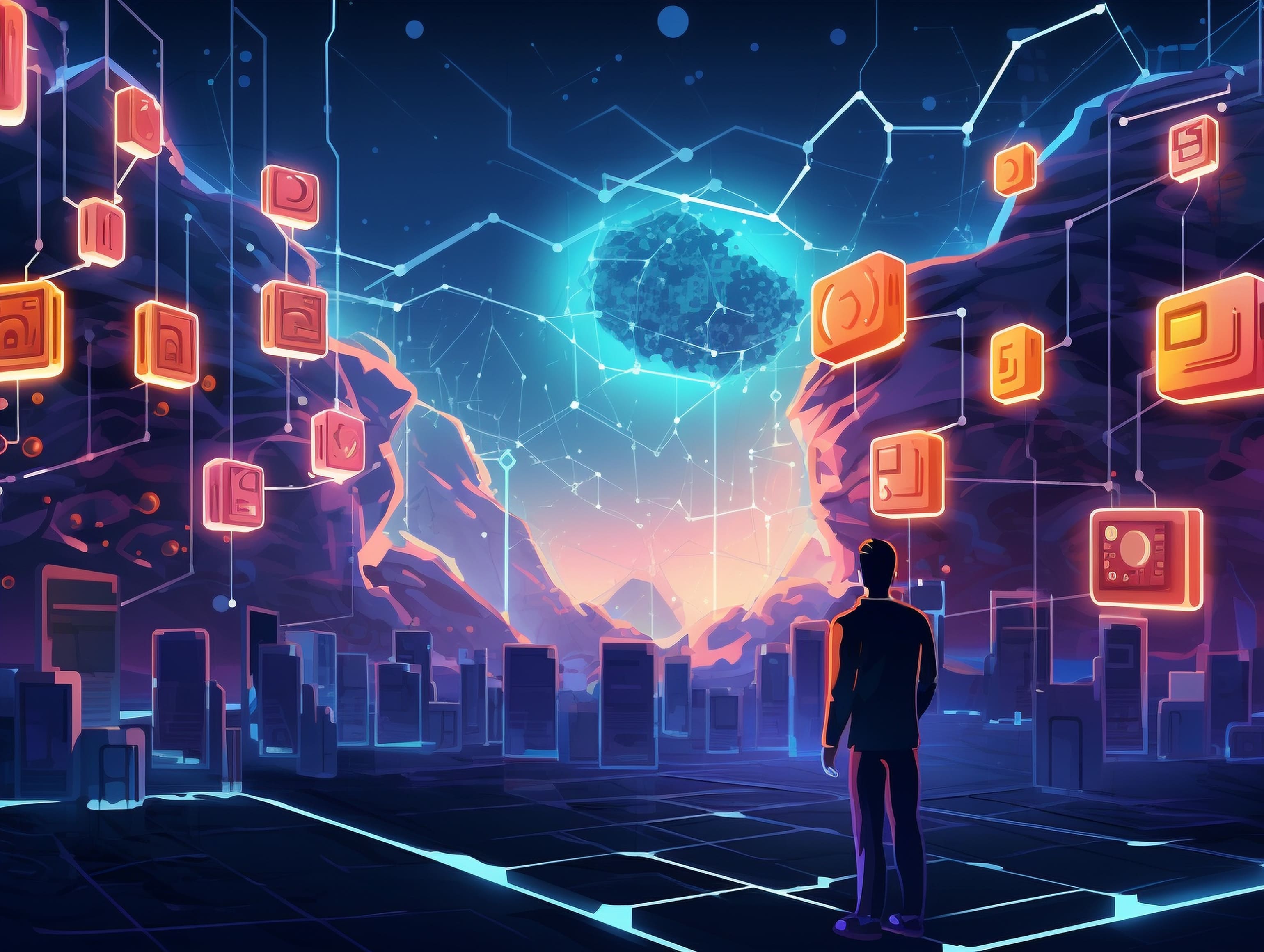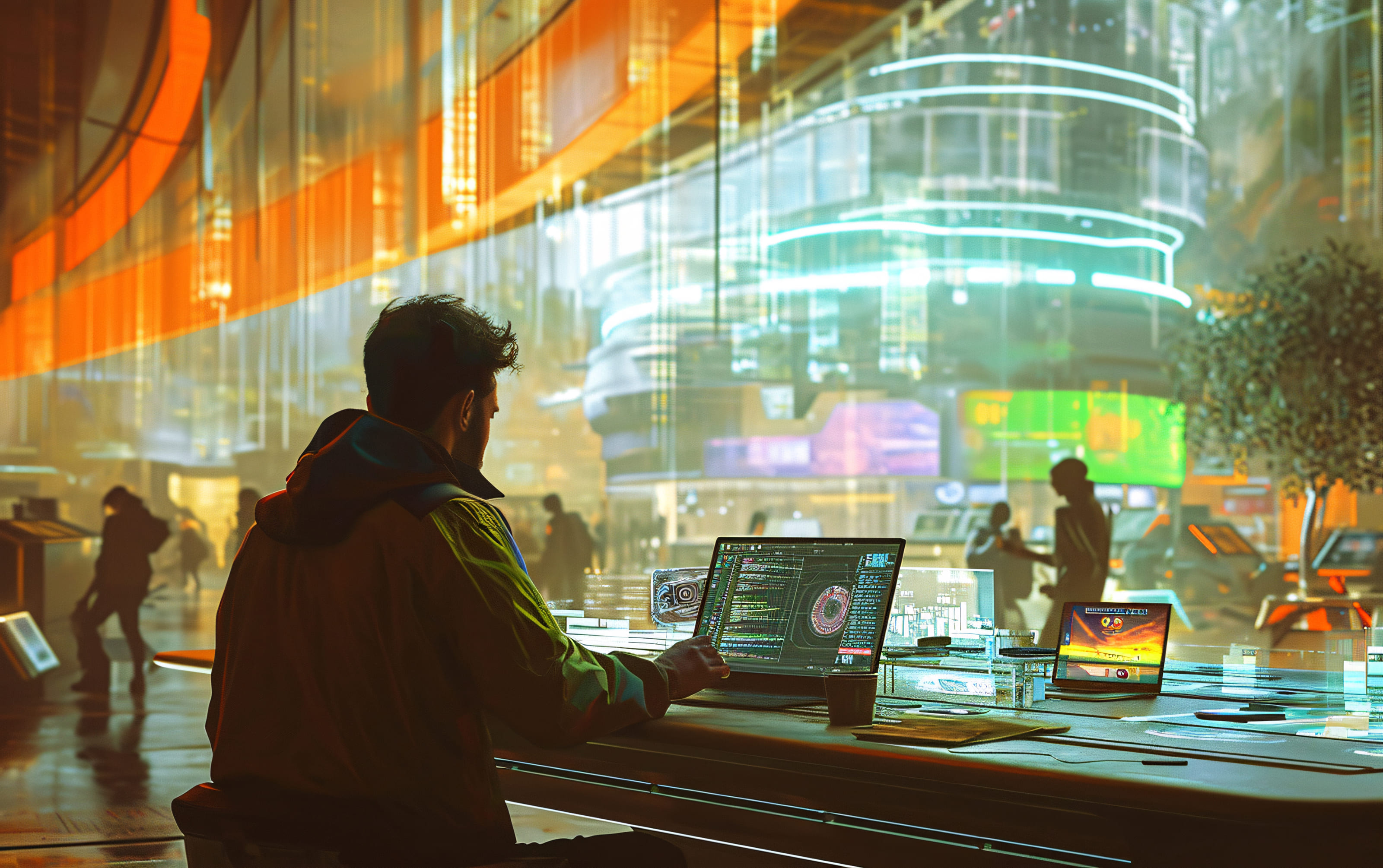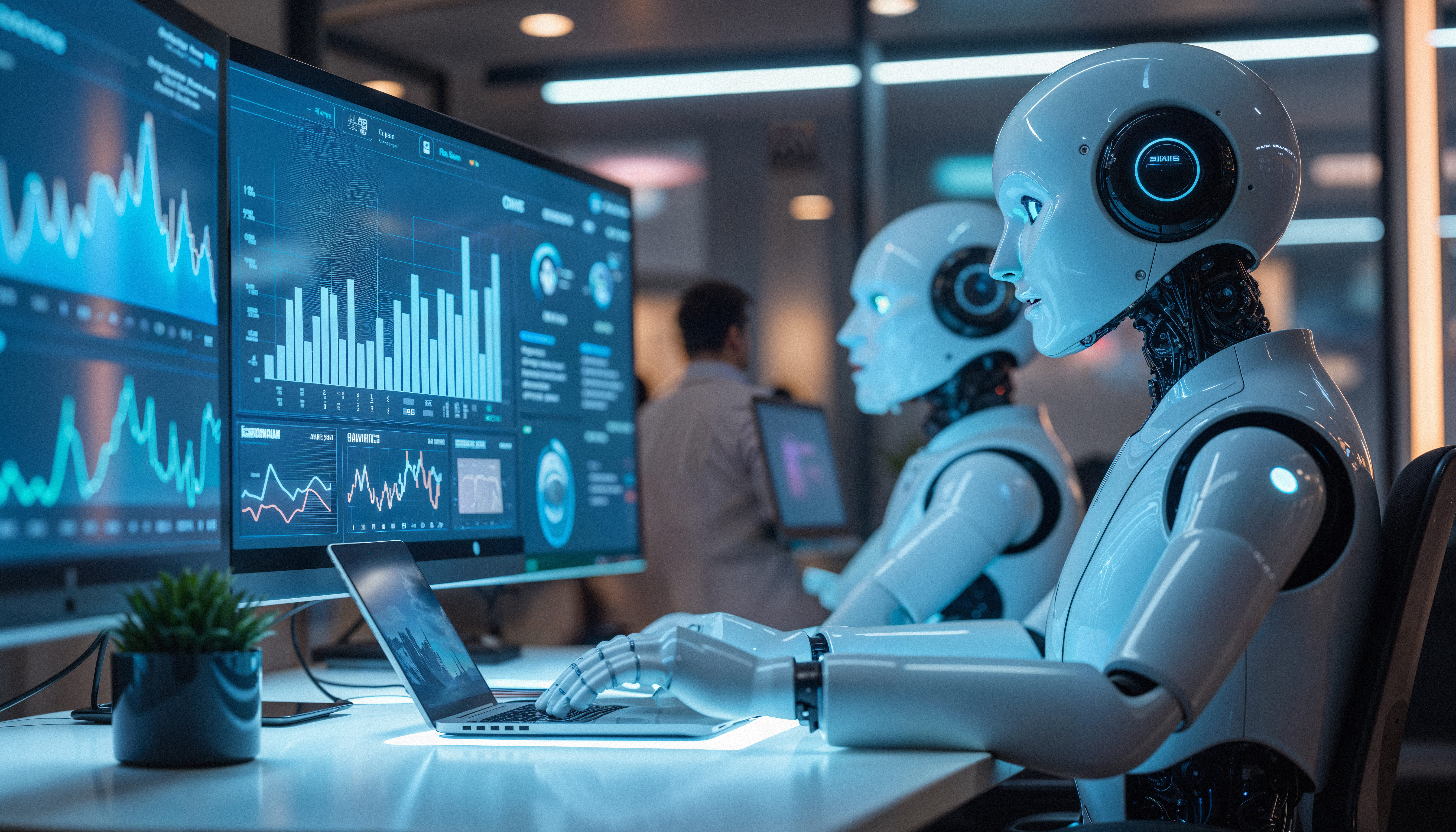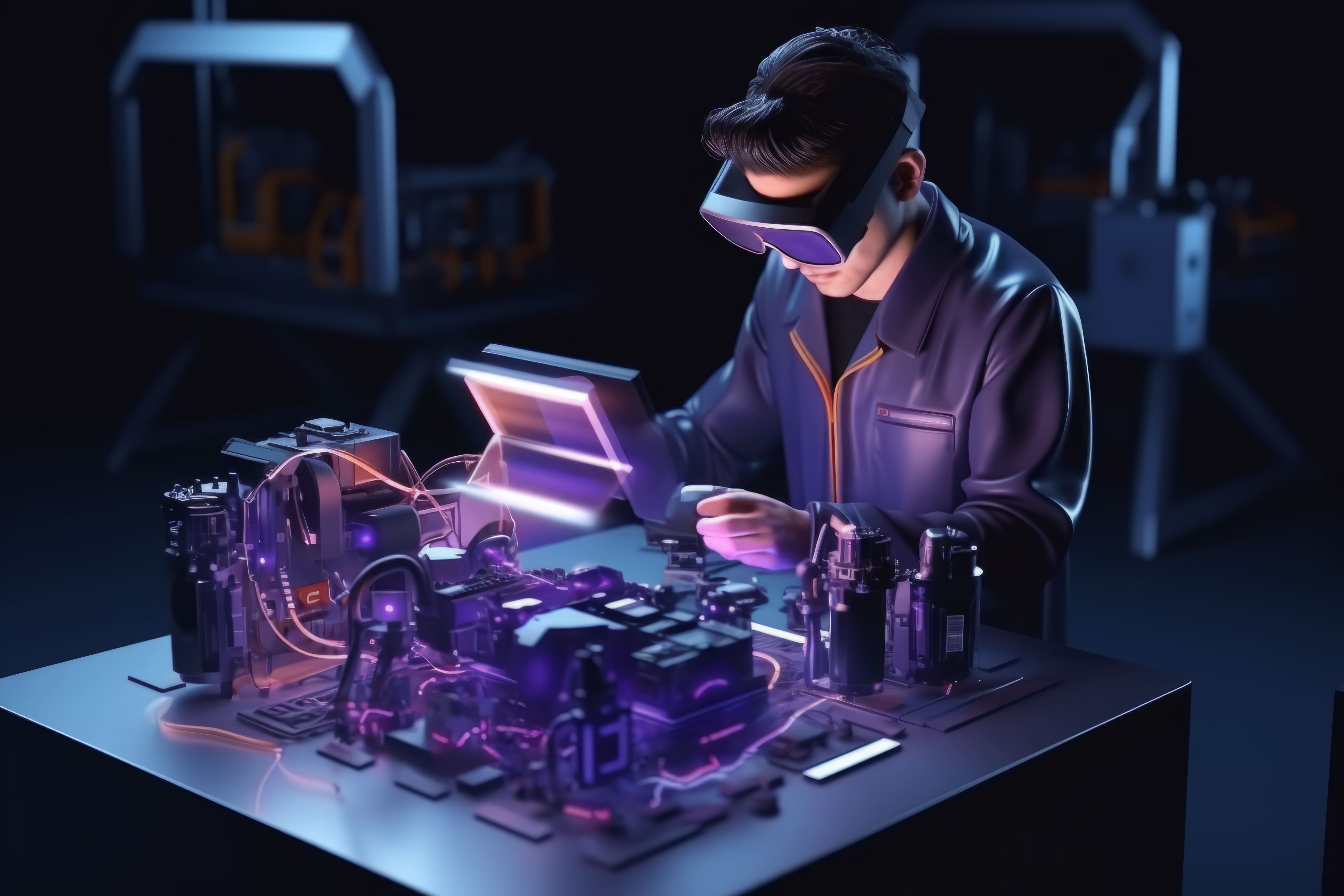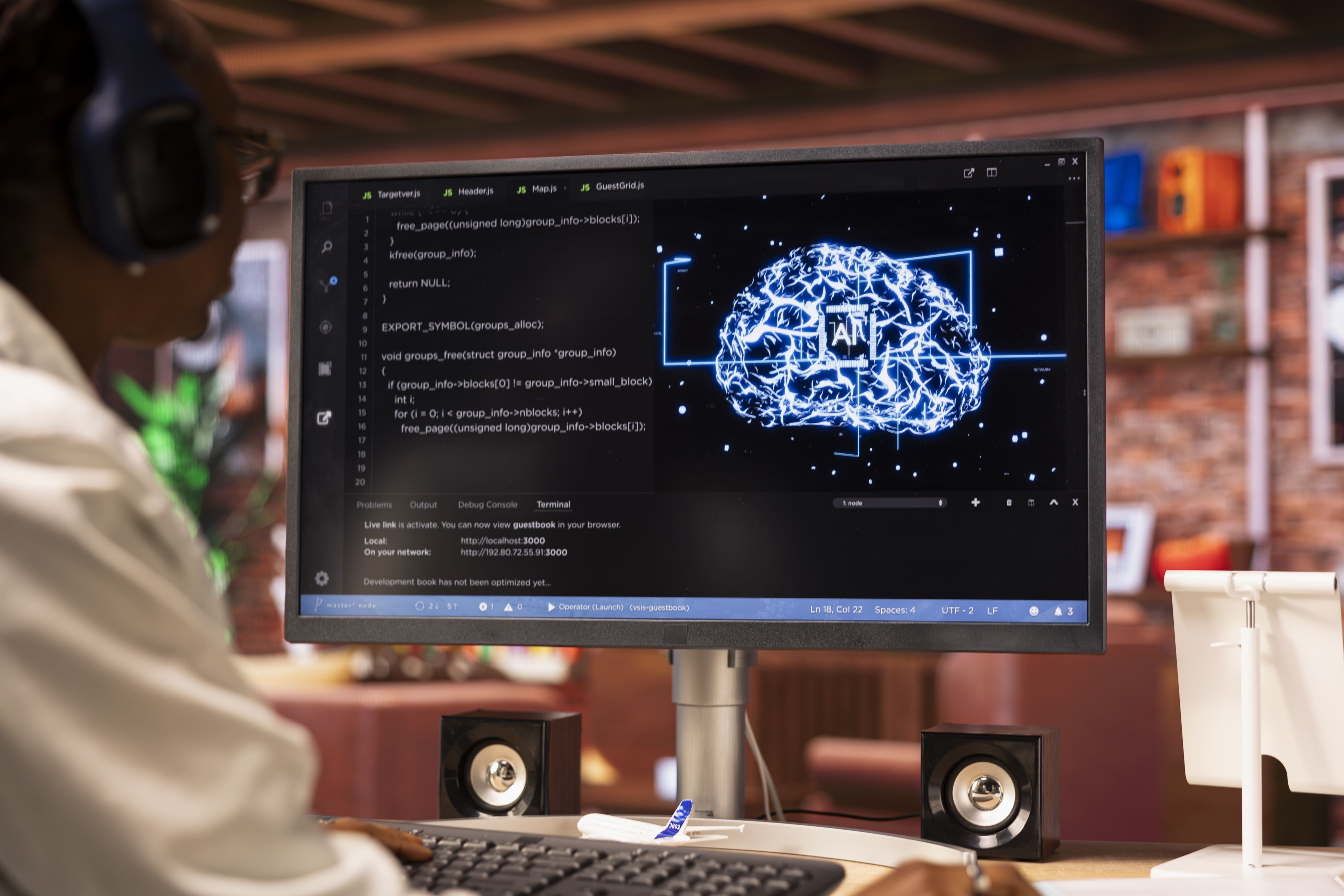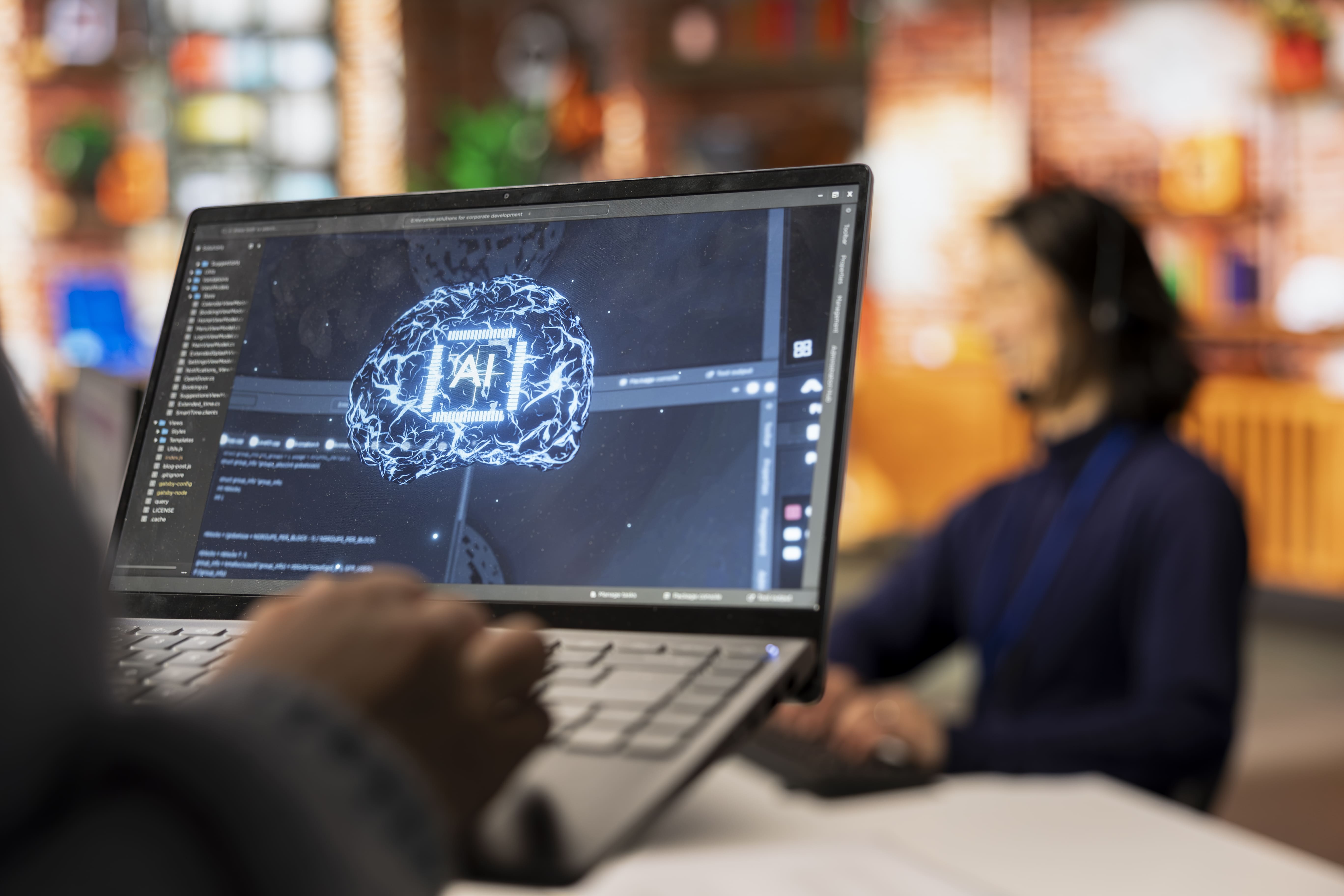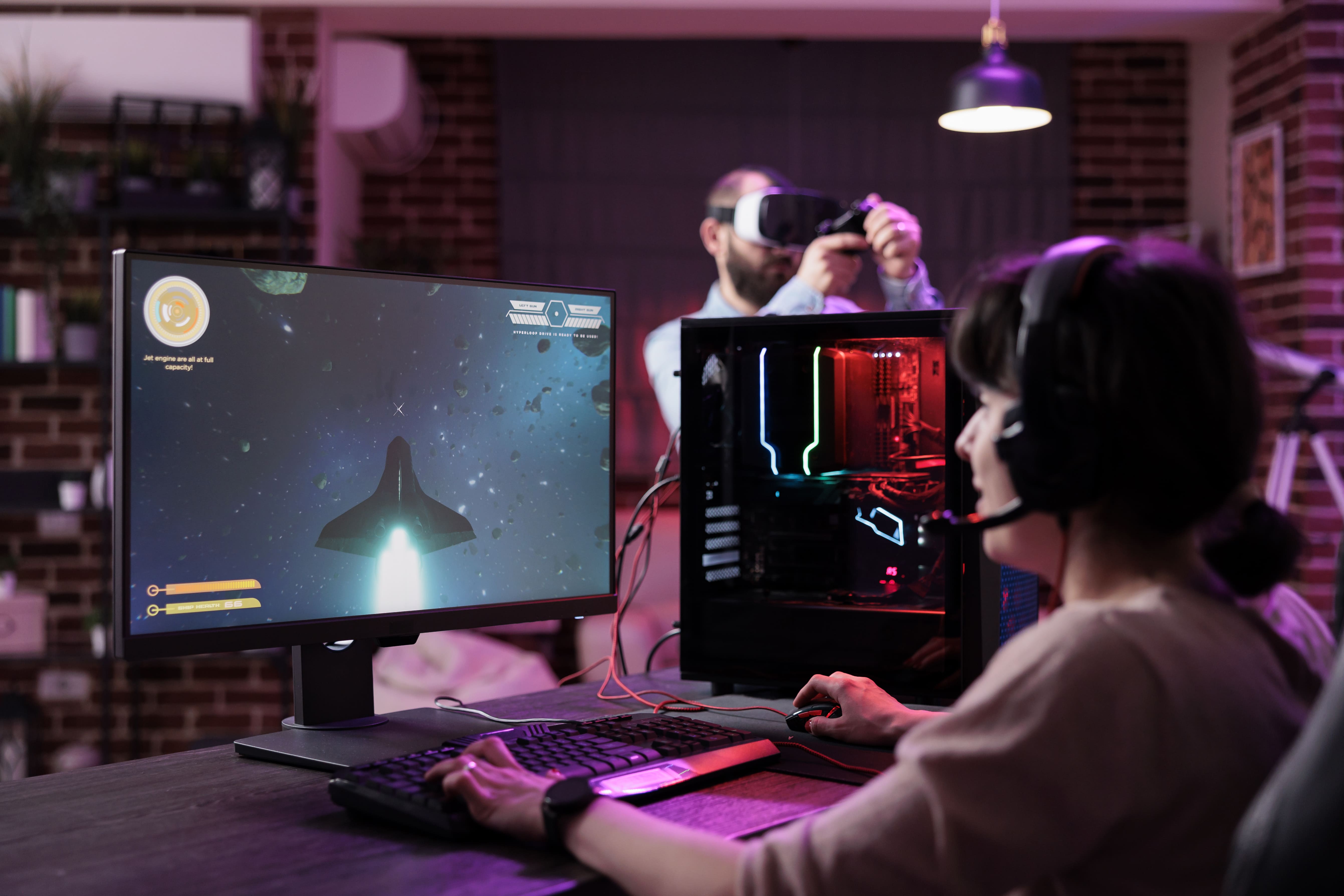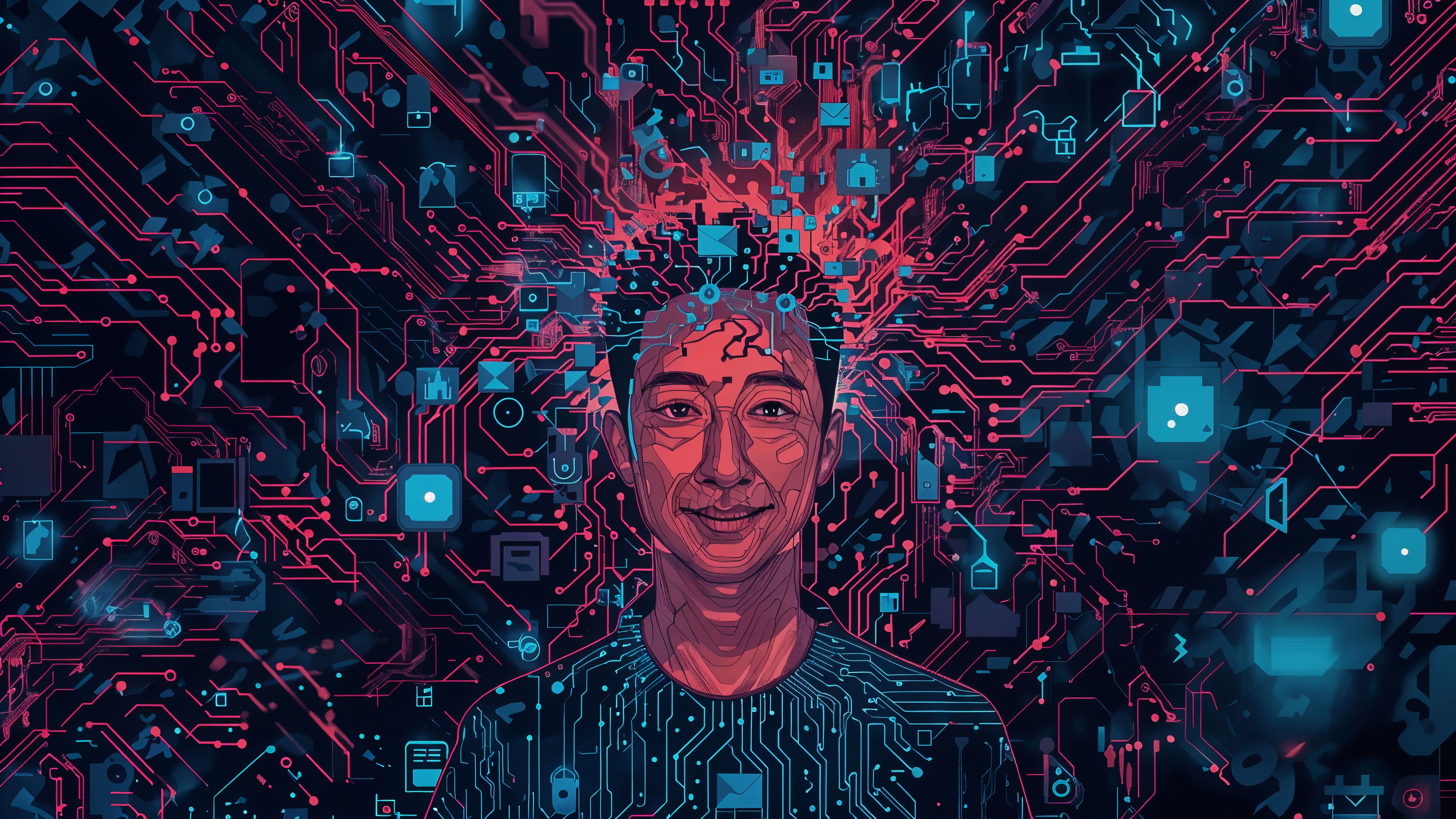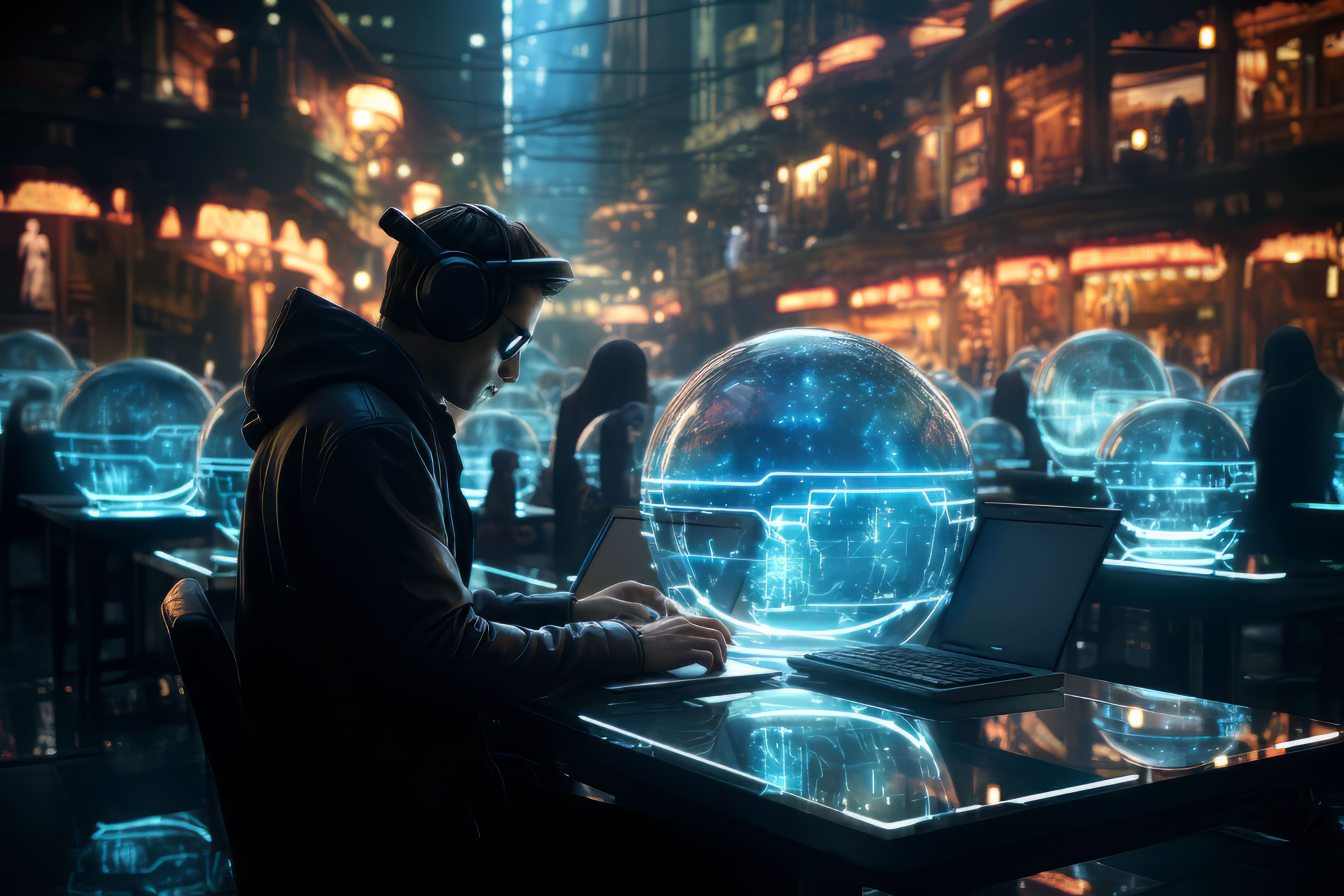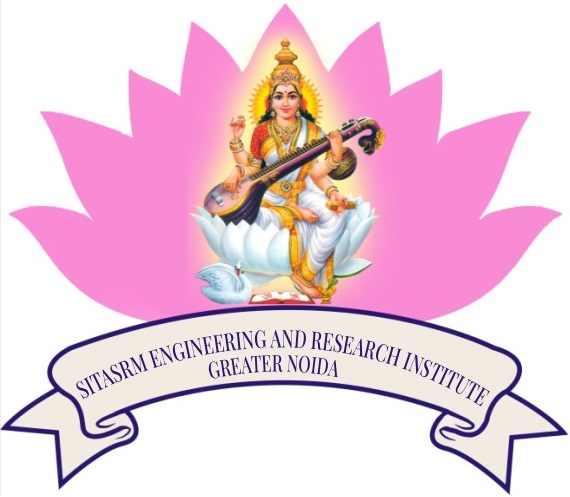 SITASRM ENGINEERING & RESEARCH INSTITUTE
SITASRM ENGINEERING & RESEARCH INSTITUTE
 SITASRM ENGINEERING
SITASRM ENGINEERING & RESEARCH INSTITUTE

SITASRM ENGINEERING & RESEARCH INSTITUTE
Menu
The Rise of Generative AI: Beyond ChatGPT for Engineers
Have you ever imagined a world where designs practically draw themselves, where complex simulations run iterations faster than you can think, or where code writes itself with a profound understanding of your intent? What if the tools you use to engineer the future could also create the future? This isn't science fiction anymore; it's the profound promise of generative AI, a revolutionary force that is rapidly expanding beyond the conversational prowess of models like ChatGPT and fundamentally reshaping the landscape for engineers. While large language models (LLMs) have captivated the public imagination, the true impact of generative AI in engineering goes far deeper, touching every facet of design, analysis, and problem-solving. This isn't just about generating text; it's about generating solutions.
The Evolution of Generative AI: From Text to Tangibles
For many, the first encounter with generative AI was through text-based models, exemplified by ChatGPT. These models, trained on vast datasets of human language, demonstrated an astonishing ability to understand prompts and generate coherent, contextually relevant, and even creative text. However, the underlying principles of generative AI—learning patterns from existing data to produce novel outputs—are far more versatile. This capability extends to images, videos, audio, and, critically for engineers, complex design parameters, simulations, and even manufacturing instructions. The rise of generative AI is a testament to the advancements in deep learning, enabling models to learn intricate relationships within data and then extrapolate those relationships to create entirely new, unseen instances. This isn't simply automation; it's intelligent creation.
Generative AI in Action: Revolutionizing Engineering Disciplines
The real power of generative AI for engineers lies in its ability to augment and accelerate various stages of the engineering lifecycle. Here are some key areas where generative AI is making a significant impact:
1. Generative Design: Redefining Creativity
-
One of the most exciting applications of generative AI is in design. Traditional design processes can be iterative and time-consuming, often limited by human intuition and existing knowledge.
-
Generative AI changes this paradigm entirely. Engineers can define design constraints, performance objectives (e.g., strength-to-weight ratio, material cost, thermal efficiency), and manufacturing methods, and the generative AI model will then explore thousands, even millions, of design variations.
-
Tools leveraging generative AI engineering can produce optimized geometries that are often unintuitive for humans but offer superior performance. Think of intricate, lightweight structures for aerospace components or optimized flow paths in fluid systems.
-
The visual appeal generated by tools similar to Midjourney artificial intelligence for conceptual designs, when applied to tangible engineering forms, can spark unprecedented innovation.
-
This shifts the engineer's role from manual iteration to defining problems and selecting from a plethora of intelligently generated solutions. The ability of generative AI to explore vast design spaces makes it an indispensable tool for engineers seeking optimal and innovative solutions.
2. Accelerating Simulation and Analysis with Generative AI
-
Complex engineering problems often require extensive simulations to validate designs, predict performance, and identify potential failure points. These simulations can be computationally intensive and time-consuming.
-
Generative AI is emerging as a powerful tool to accelerate this process. By training generative AI models on large datasets of simulation results, engineers can create "surrogate models" that can predict outcomes much faster than traditional physics-based simulations.
-
This allows for rapid iteration and optimization, enabling engineers to explore more design possibilities and refine their understanding of system behavior.
-
Furthermore, generative AI can be used to generate synthetic data for training other machine learning models, overcoming limitations of real-world data scarcity. This enhances the overall efficiency and effectiveness of artificial intelligence engineering workflows.
-
The integration of generative AI here promises a significant leap in engineering efficiency.
3. Code Generation and Software Engineering
-
While ChatGPT showcases the capability of generative AI to produce human-like text, its application in code generation is particularly transformative for software engineers.
-
Generative AI models can translate natural language descriptions into executable code, suggest code completions, refactor existing code for efficiency, and even debug programs.
-
This dramatically speeds up development cycles and reduces the burden of repetitive coding tasks.
-
For engineers building complex systems with integrated software components, this means more time spent on high-level architecture and less on boilerplate code.
-
The impact of generative AI on software development productivity is immense, making it a critical tool for any engineer working with code. The future of software development will undoubtedly involve significant contributions from generative AI.
4. Material Discovery and Optimization
-
The capabilities of generative AI extend to the very building blocks of engineering: materials.
-
By understanding the relationships between material composition, structure, and properties, generative AI can propose novel material compositions with desired characteristics.
-
This can lead to the discovery of new alloys, polymers, or composites tailored for specific applications, such as lightweight aircraft components or high-performance batteries.
-
The iterative design and testing cycle for new materials can be significantly shortened through the use of generative AI, pushing the boundaries of what's possible in material science and engineering.
-
This innovative approach by generative AI is opening new frontiers.
5. Predictive Maintenance and Anomaly Detection
-
Beyond design and creation, generative AI plays a crucial role in operational engineering.
-
By analyzing vast streams of sensor data from equipment, generative AI models can learn the "normal" operating patterns of machinery.
-
This allows them to generate synthetic normal data, which can then be compared against real-time data to detect subtle anomalies that might indicate impending failures.
-
This enables proactive, predictive maintenance, significantly reducing downtime and operational costs.
-
The application of generative AI here ensures greater reliability and efficiency in industrial systems. The potential of generative AI for optimizing operational performance is vast.
The Road Ahead for Generative AI in Engineering
The integration of generative AI into engineering workflows is still in its early stages, but the potential is undeniable. As these models become more sophisticated, they will increasingly act as intelligent co-pilots, empowering engineers to tackle more complex challenges and achieve unprecedented levels of innovation. However, with this power comes responsibility. Engineers leveraging generative AI must understand its limitations, potential biases in generated outputs, and the importance of human oversight and validation. The future of generative AI in engineering will involve a harmonious collaboration between human ingenuity and artificial intelligence, pushing the boundaries of what's conceivable.
In conclusion, the rise of generative AI signals a paradigm shift for engineering students and professionals alike. Far exceeding the familiar realm of chatbots, this powerful technology is becoming an indispensable tool for design, simulation, optimization, and innovation across diverse engineering disciplines. As students of Computer Science and IT, understanding and harnessing the capabilities of generative AI will be crucial for shaping the future of engineering. The capacity of generative AI to unlock new possibilities will continue to redefine how we approach problem-solving and create a better world.


